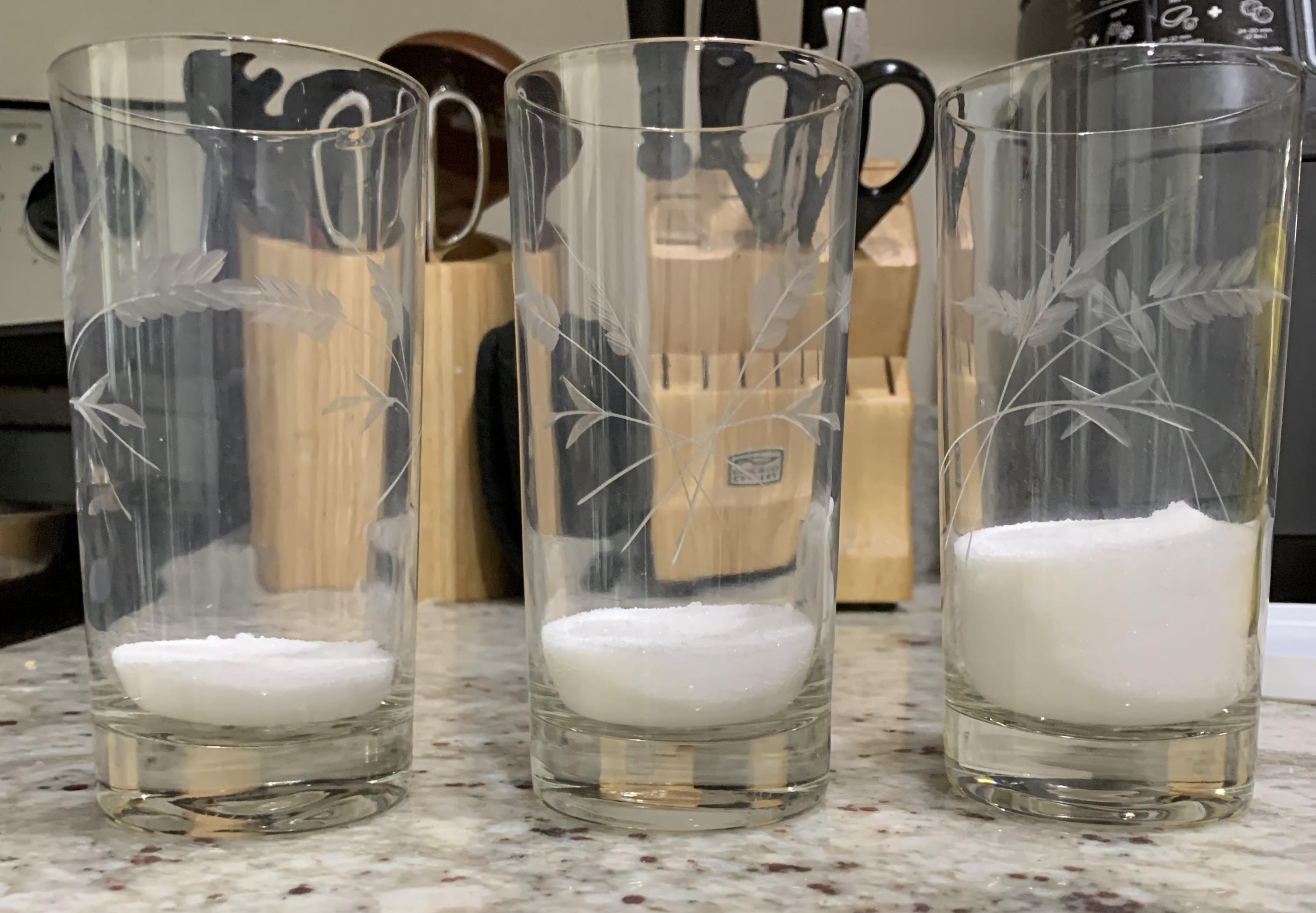
Most of us are guilty of running for that beautiful cup of caffeine the second we start to even think about yawning. For some, coffee may be an essential part of our morning routine. While coffee has a lot of benefits, it is important to make sure our caffeine runs are healthy and not just habit. This means making sure we are not substituting sleep for caffeine and that our mugs don’t become a major source of added sugar in our diets.
Research shows that consuming coffee after 2 PM may inhibit our ability to get a good night’s sleep. Sleep is the time in which the body heals from stress and stores information in our memory. Those suffering from lack of sleep tend to also experience a decrease in mood, weight gain, inability to concentrate, and a decrease in the function of their immune system. While caffeine may make you feel energized, it is important to realize that it does not actually have the same effect as a good night of sleep. Setting a time frame for when you can consume coffee may help improve your quality of sleep which will in turn have a positive effect on your life overall.
Your cup of joe may also be one of the larger sources of added sugar in your diet. Flavored syrups, chocolate sauce, whipped cream, and sweeteners, add up quickly and can add way more sugar than you bargained for. Click on the hyperlinks to see the added sugar for various Dunkin and Starbucks coffees. The average adult consumes about 17 teaspoons of sugar per day. The American Heart Association recommends about 9 teaspoons for men and 6 teaspoons for women and children over the age of two. To put this in perspective, I measured out each of these amounts. The glass on the left is 6tsp, the middle is 9tsp, and the glass on the right contains 17tsp of sugar.

A diet high in added sugars has been linked to dental caries, inflammation, weight gain, and several disease states such as cardiovascular disease, diabetes, kidney and liver disease, colon and pancreatic cancer, and cognitive issues. That’s not to say that you should take your coffee black (unless that’s how you like it). There are plenty of ways to add flavor to your coffee without piling on the sugar. You can also slowly reduce the amount of sugar you add over a longer period of time to allow your taste buds to adjust. Adding low-fat milk, cinnamon, or cocoa powder can help add flavor to your cup. Other options for low-sugar/no-sugar flavor enhancers include vanilla extract, nutmeg, cardamom, ginger, or peppermint oil.
Coffee is a standard part of many people’s diets and can be enjoyed in a multitude of ways. There are many positives to this delicious beverage and I hope these tips help you to Spring Clean your Coffee Routine to get the most out of your brew!
About the Author

I am a Licensed Registered Dietitian with experience in critical care, cardiology, weight loss, allergy services, and food service. I graduated from Penn State University with a BS in nutrition and finished my RD training at University of Maryland. I am currently in PA school and am looking forward to combining my love of nutrition with medicine. After moving to Baltimore in 2019, I did a trial class at PUSH511 Fitness as I was looking for accountability and to meet new people. When I walked into the gym for the first time, everyone was congregated on one side cheering on a member who was struggling with ring muscle-ups at the end of the workout. It was such an uplifting moment to witness. I left the gym that day in dire need of ginger ale, but also very excited about this amazing and supportive community I had stumbled upon. I am grateful for this opportunity to give back and share my love of nutrition!
Sources


Comments are closed.